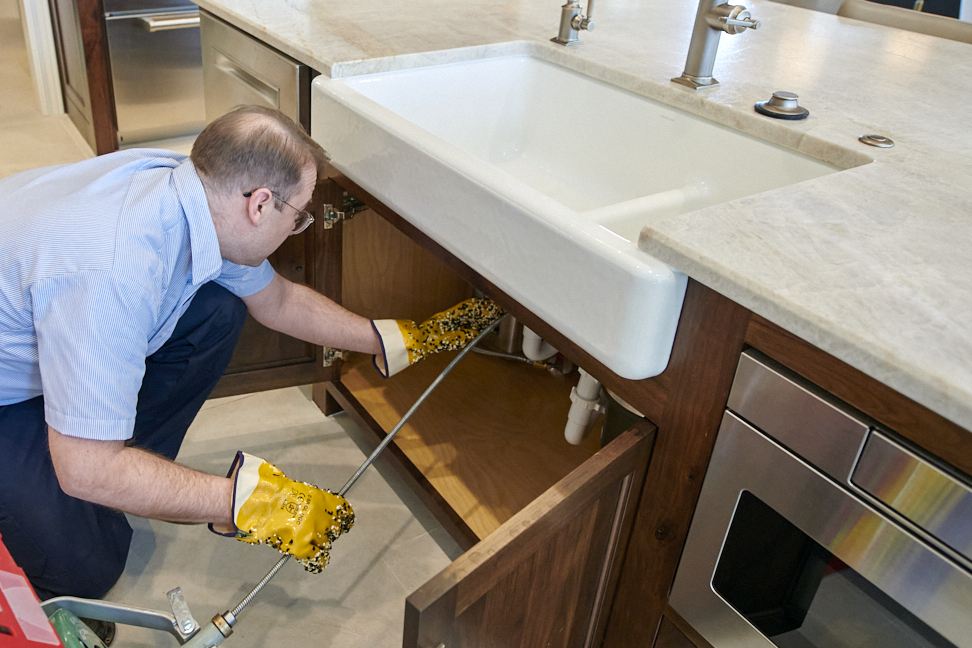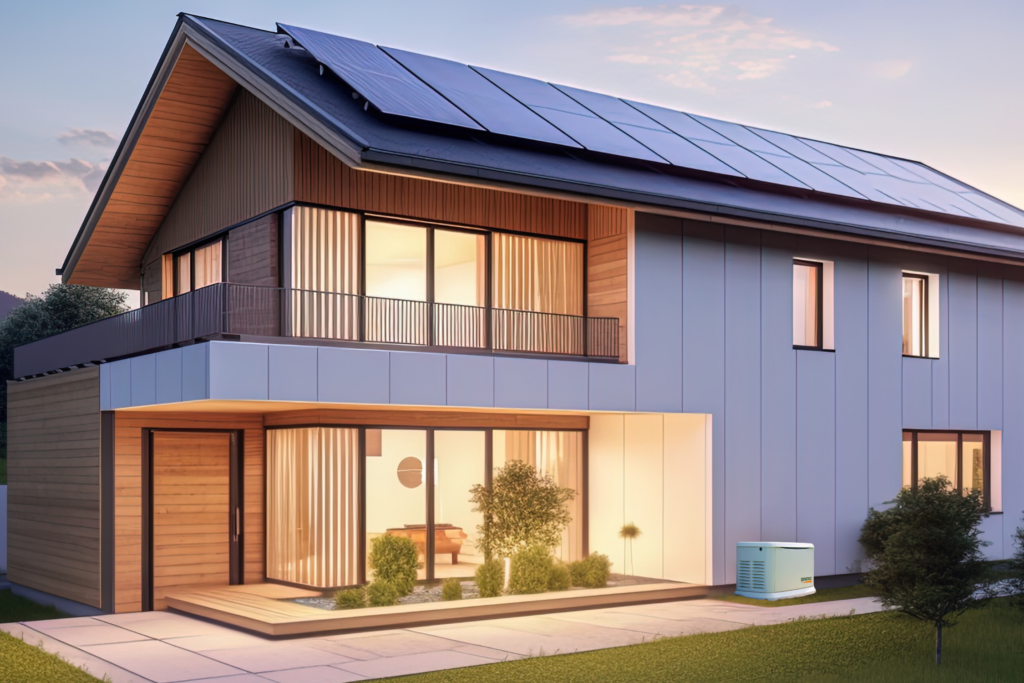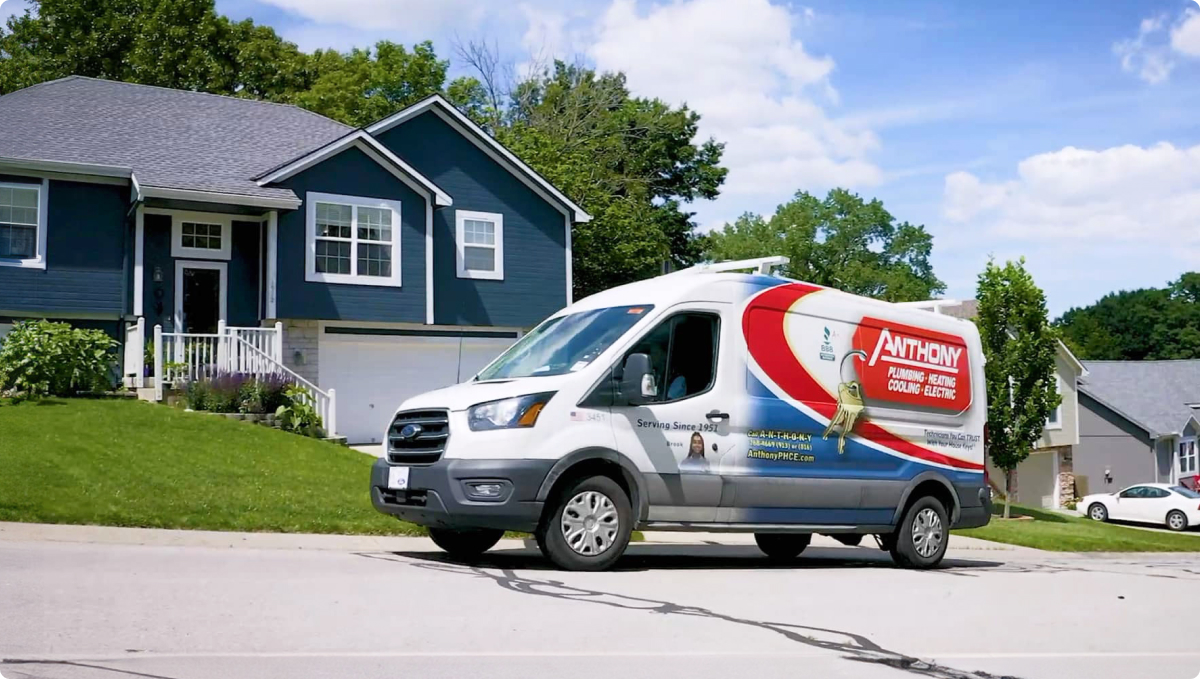Everything You Need To Know About HVAC Zoning
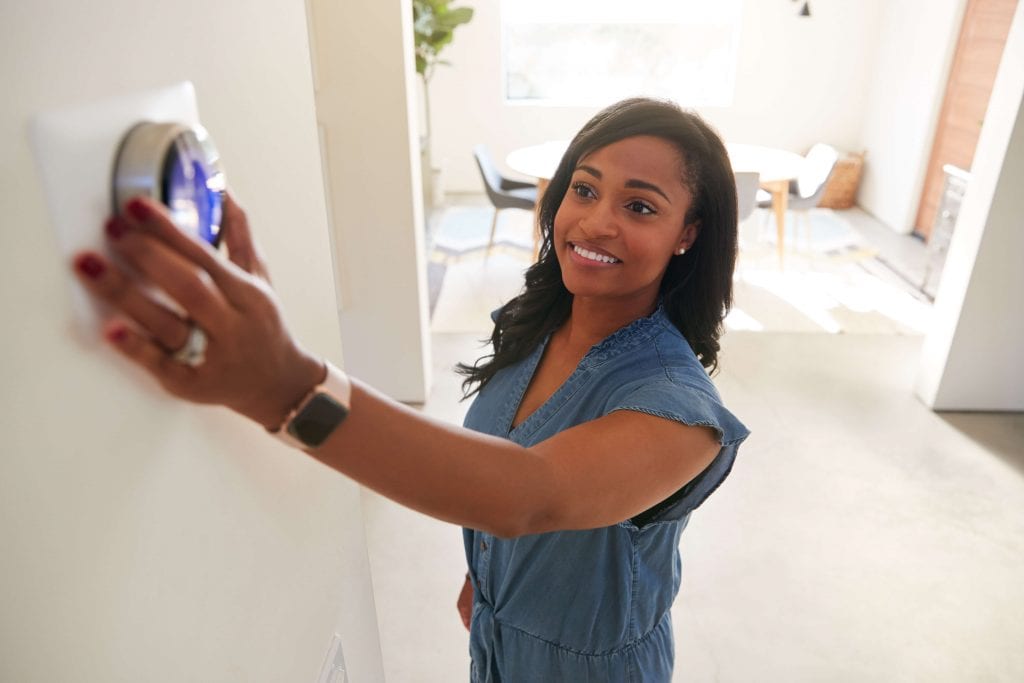
Imagine this: your living room is always just right, but your bedroom never gets cool enough in the heat. Your basement or attic might also be too hot or cold.
This is a common problem, especially within older or poorly constructed homes that don’t have HVAC zoning. It’s an issue that affects your comfort. It can also affect your energy bills since your furnace or air conditioner will have to work harder to make various rooms in your home more comfortable.
HVAC zoning allows you to have more control over the heating and cooling distribution throughout your home. Before you decide to invest in a heat pump or window air conditioning system to resolve uneven temperatures in your house, we encourage you to learn more about how a zoning system can help.
What Is An HVAC Zoning System?
An HVAC zoning system is a method of heating and cooling a home in multiple, independent zones across your home. This is typically achieved by using dampers in the duct system that open and close based on the demand of each zone.
Each zone has its own thermostat, allowing for individual temperature control. By only heating or cooling areas that need it, the system is more efficient.
Zoning systems can be installed in various types of homes and are especially beneficial in multi-level houses, homes with expansive glass exposures, or households with varying occupancy in different rooms. The ability to control temperature in specific areas helps address the unique needs of each space.
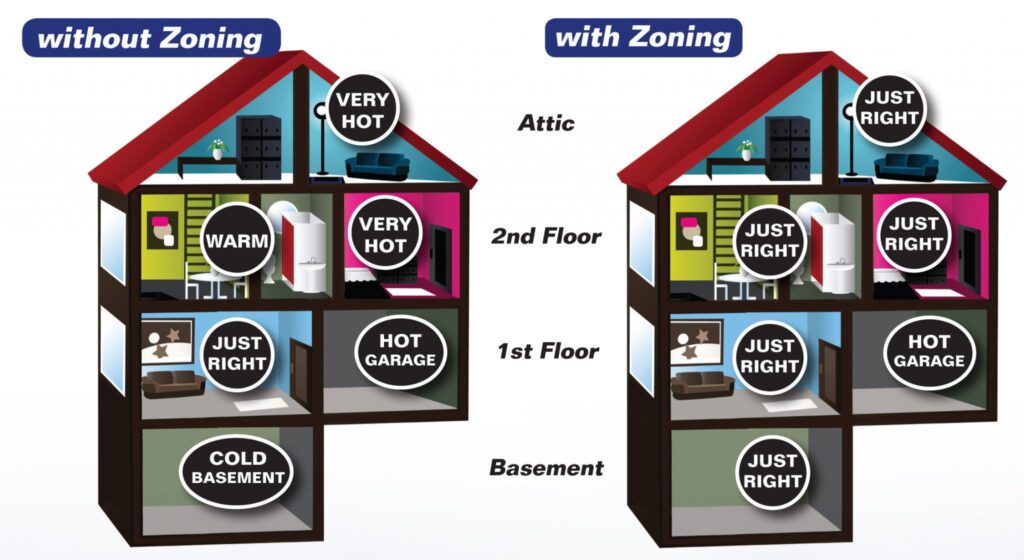
Why Might Someone Need Zoning?
There are several reasons why HVAC zoning can be necessary or beneficial:
- Families with different daily schedules may require different zones to be heated or cooled at different times. For instance, there’s no need to heat the whole house when only one part is in use.
- Homes with multiple levels, high ceilings, or extensive window areas often experience uneven heating and cooling. Zoning helps mitigate these issues by allowing customized temperature settings across different areas.
- Zoning reduces wasted energy by allowing homeowners to heat or cool only the areas in use, rather than maintaining a constant temperature throughout an entire home.
The Benefits Of Consistent Temperatures Across Your Home
Maintaining consistent temperatures across your home through HVAC zoning brings several key benefits:
- Enhanced comfort: Zoning eliminates hot or cold spots by allowing each zone to be controlled separately based on its specific needs. This means you can keep each room at a comfortable temperature, regardless of external factors like sunlight or the presence of multiple floors.
- Reduced energy costs: By heating or cooling only the areas that need it, zoning systems use less energy to produce cool or warm air in parts of your home. This targeted approach prevents overuse of your HVAC system, potentially lowering your utility bills and maintaining a comfortable temperature in your home.
- Improved indoor air quality: Zoning can also help improve the air quality in your home. By controlling the airflow to different zones, it can reduce the spread of dust, allergens, and odors throughout the house.
- Extended HVAC lifespan: Since zoning systems reduce the total load and hours needed to operate your HVAC equipment, they can also extend the lifespan of your system by preventing overuse.
By understanding these initial segments of HVAC zoning, homeowners can start to evaluate whether this system might be right for their needs.
Why Is A Zoning System For An HVAC Better Than A Second AC System?
When confronted with the problem of inconsistent temperatures in their residence, numerous homeowners may contemplate the addition of a second air conditioning (AC) system. Nevertheless, opting for an HVAC zoning system frequently offers a more effective and economical resolution. Here are the reasons why selecting zoning instead of a second AC unit can prove advantageous:
- It’s more cost-effective to invest in HVAC zoning over a cheaper window AC unit or space heater.
- A second heating or air conditioning system increases overall energy consumption and leaves you vulnerable to electrical issues.
- Adding another heating or cooling system means you will have less space to use in your home.
- An HVAC Zoning system is easier to maintain over smaller, portable heating and cooling systems. More often than not, you’ll need to replace these smaller systems more frequently due to heavy usage.
Can A Zoning System Be Installed On An Existing HVAC?
Yes, a zoning system can usually be added to an existing HVAC system. This process involves integrating zone control panels, thermostats, and motorized dampers into your current ductwork. The complexity of installation can vary based on the age and model of your central HVAC system, as well as the layout of the ductwork that helps circulate the air around your home.
Before proceeding, it’s important to consult with a professional who can assess your existing system’s condition. They can guide the necessary upgrades and ensure that the existing HVAC and new zoning system will operate efficiently together.
How Do Technicians Install A Zoned System?
The installation of an HVAC zoning system involves several key steps:
- A professional will first assess your home’s layout, existing HVAC system, and specific zoning needs. This includes deciding how many zones are needed and what areas they will cover.
- Each zone will have its own thermostat for independent control. These thermostats are connected to a central control panel that manages the entire zoning system.
- Motorized dampers are installed into the existing ductwork. These dampers open and close based on the settings of each zone’s thermostat, directing airflow only to designated areas.
- Once everything is installed, the system needs to be integrated with the existing HVAC unit and tested to ensure it can perform controlled room temperatures across your home.
The entire process typically takes a few days, depending on the complexity of the system and the structure of the home.
Schedule An HVAC Zoning Installation With Anthony Plumbing, Heating, Cooling & Electric
At Anthony Plumbing, Heating, Cooling & Electric, we understand the importance of comfort in your home. We offer tailored HVAC zoning solutions designed to address uneven temperatures and enhance the efficiency of your heating and cooling system. Our team is well-equipped to assess your needs, provide a detailed installation plan, and execute the zoning setup with minimal disruption to your daily life.
If you’re ready to experience the benefits of a customized HVAC zoning system, contact us at (816) 313-8132. Let us help you achieve the perfect balance of comfort and efficiency in your home.


